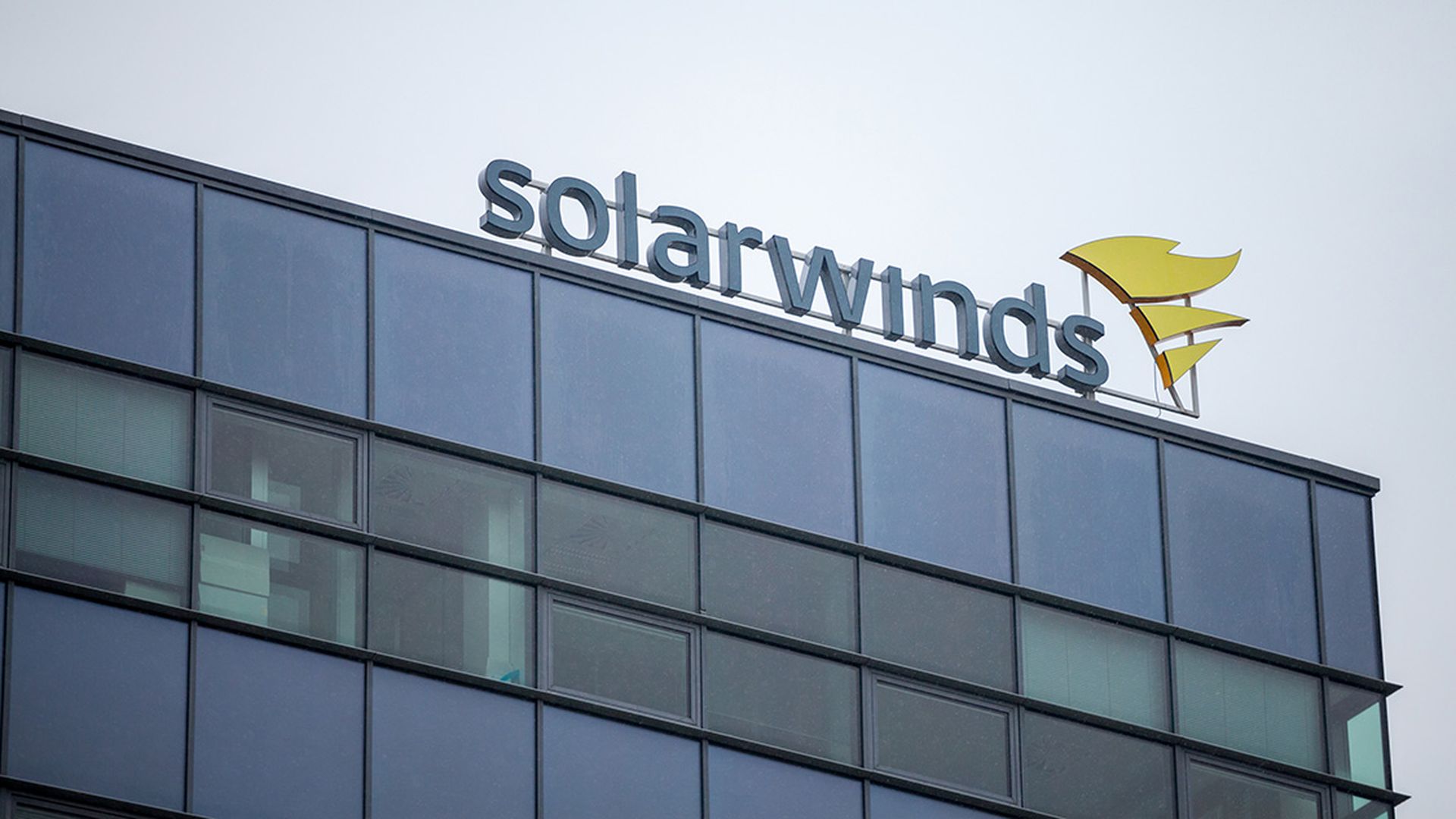Federal, state and local governments through the Centers for Disease Control and Prevention (CDC) are receiving geolocation metadata from mobile advertising aggregators and companies to understand people’s movements during the coronavirus (COVID-19) pandemic, the Wall Street Journal reported.
The data, which reportedly does not include personal identifiers such as a mobile devices’s owner, doesn’t come from telecom carriers but rather from information similar to that used by data science marketers to craft advertising programs to receptive shoppers. Data marketers skilled in analysis typically sift geolocation data points collected from millions of people’s mobile phones to measure the effectiveness of advertising campaigns. Aggregators sell volumes of such data to companies and marketing agencies.
Officials hope that data analysis will foster a greater understanding of where and how people congregate and move in certain geographic areas and how it might affect COVID-19's spread, the report said. For example, the data will show people in shops parks, recreation areas and other public spaces and could also reveal how well people are complying with shelter-in-place orders, especially as they become more prevalent and stringent.
So far, the government has not approached telecom carriers such as AT&T, Sprint, T-Mobile and Verizon for access to their geolocation metadata, the report said.
Privacy Data Privacy Issues? Stay tuned
From the data will come a portal available to federal, state and local officials that houses geolocation information on individuals from some 500 cities in the U.S. For the moment, privacy issues are best set on hold until the world pandemic is contained. But that’s only for now, the Electronic Frontier Foundation (EFF), a privacy watchdog, wrote in a blog post.
“Governments around the world are demanding extraordinary new surveillance powers intended to contain the virus’ spread,” the EFF said. “If the public grants such powers to the government, these powers must expire when the crisis ends, contain strict anti-bias rules, and be subject to strict safeguards and audits...We also must closely scrutinize government-corporate partnerships initiated during the pandemic that may result in the collection and sharing of personal information.”
A somewhat surprising partner to help track individuals’ physical contacts to help stem the tide of coronavirus infections showed up last week in Israeli software developer NSO Group, best known for its controversial surveillance technology. NSO is testing a new mobile geolocation application that compiles and sifts large volumes of data by tracking cell phone information from a known infected person over a two-week period during when the individual is likely to exhibit symptoms of the contagion.
More NSO Details
NSO’s data is then mapped to the individual’s location information gathered by major carriers to detect people in close proximity to the infected person who could potentially contract the virus. A person has to give his or her consent if they have the virus for officials to match the SIM card in their cell phone to their actual identity. So far, about a dozen companies are field testing the software. The unnamed product, which NSO sells to national health organizations, is the first the company has offered for civilian use.




